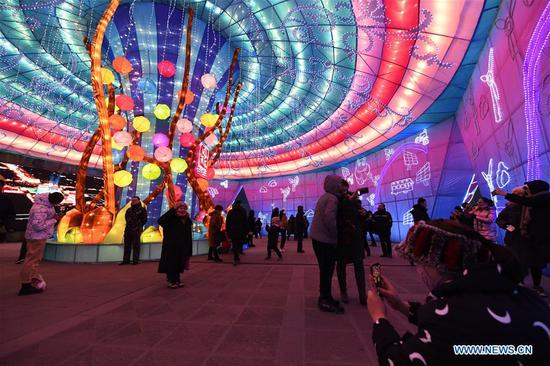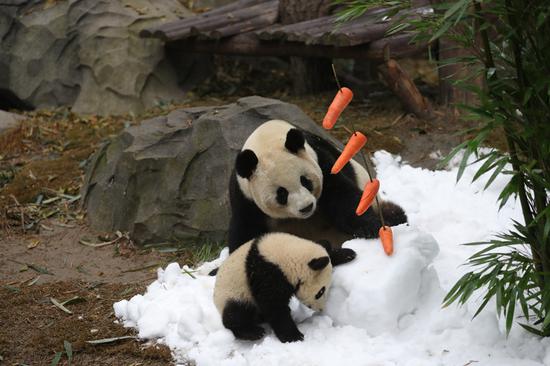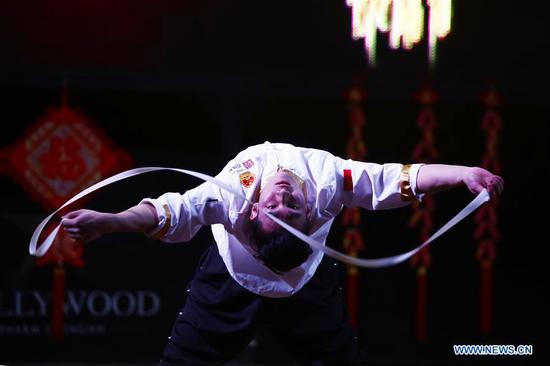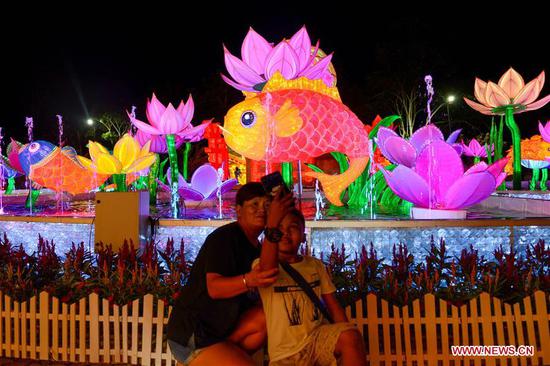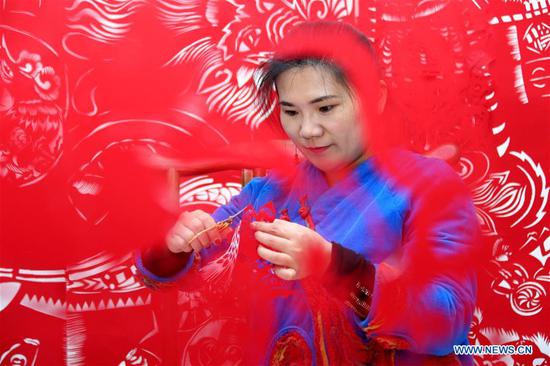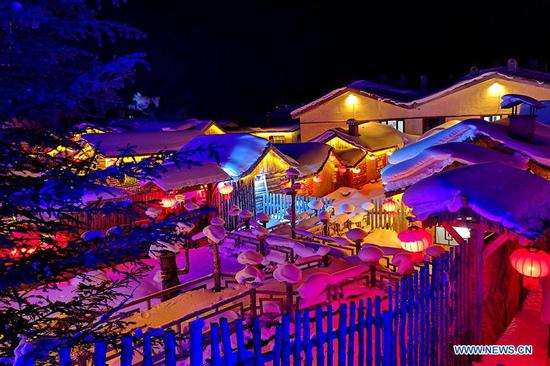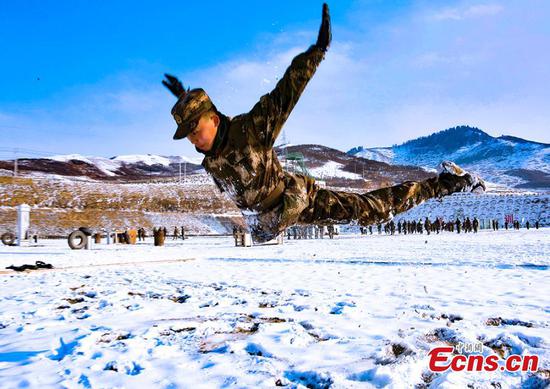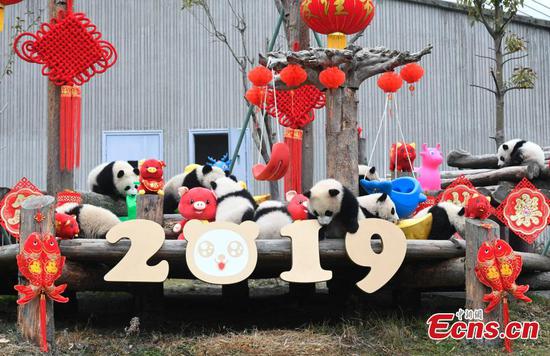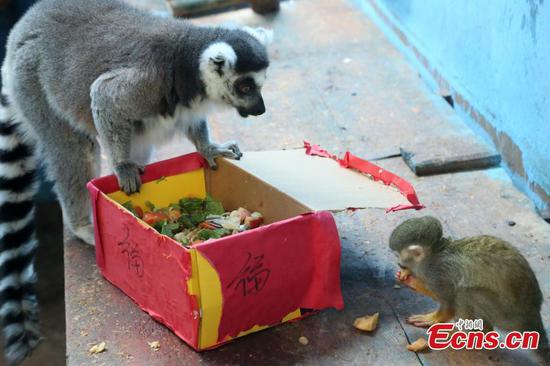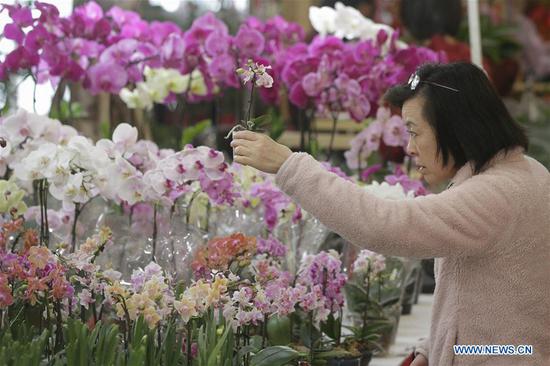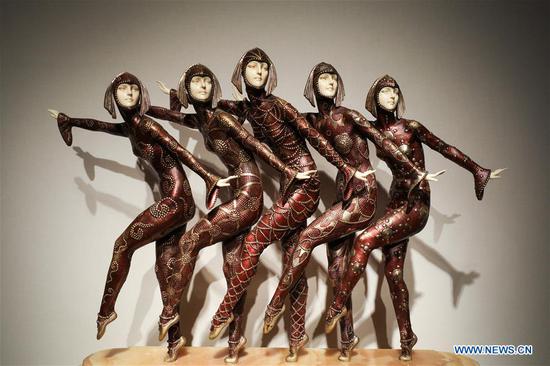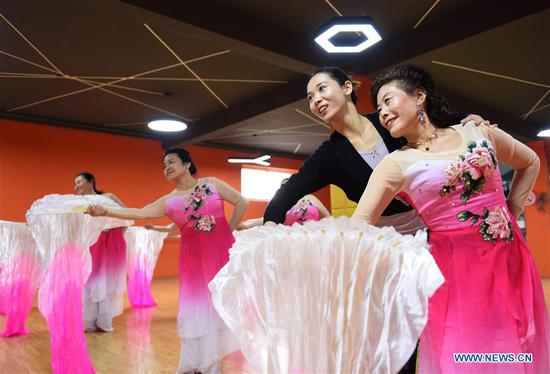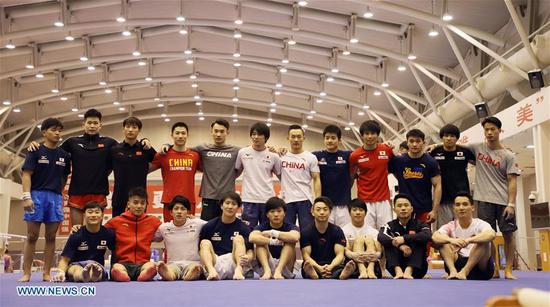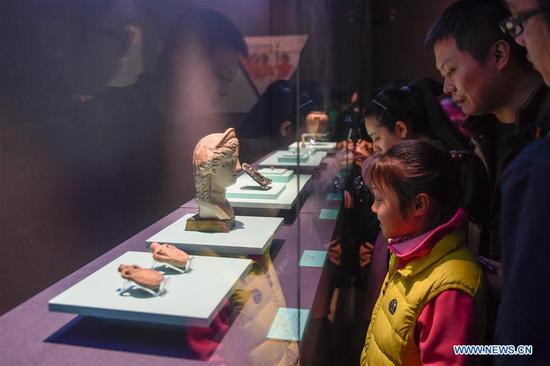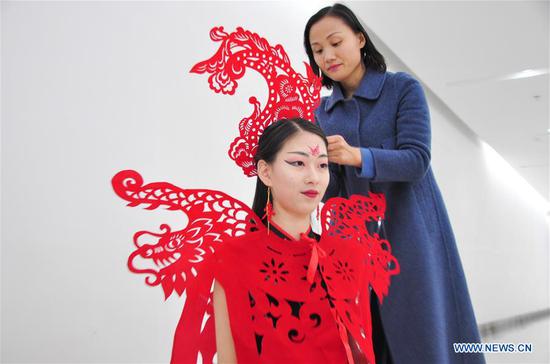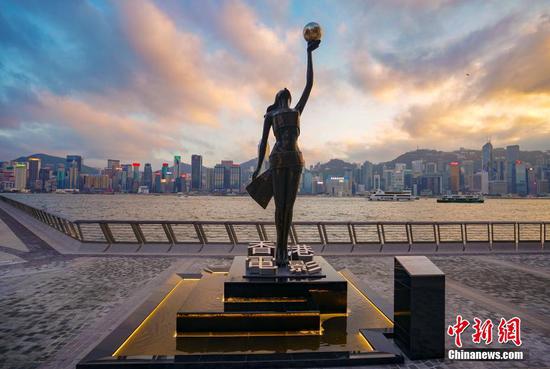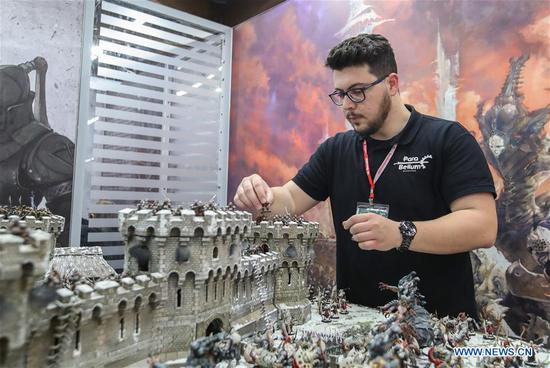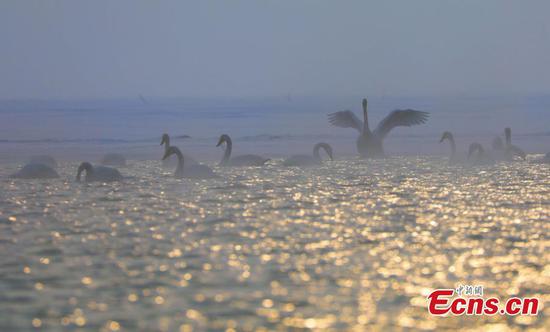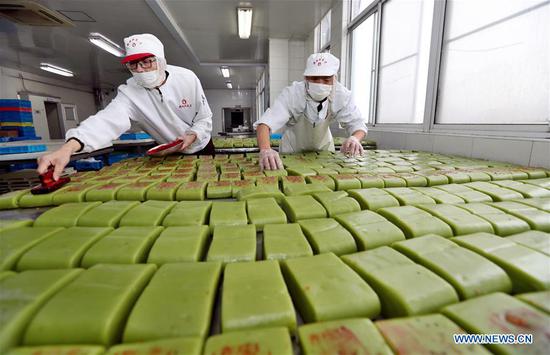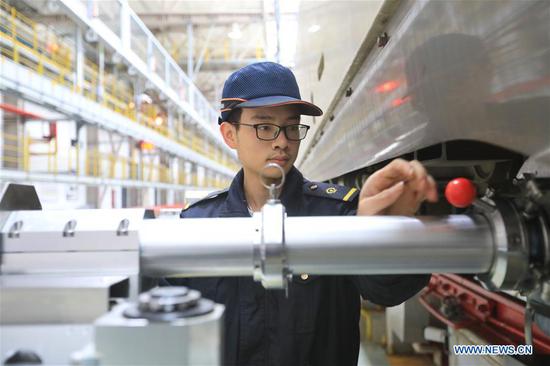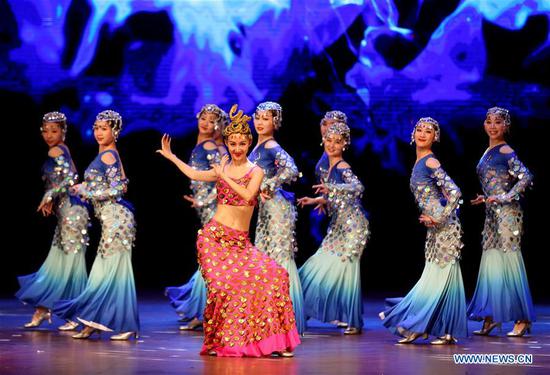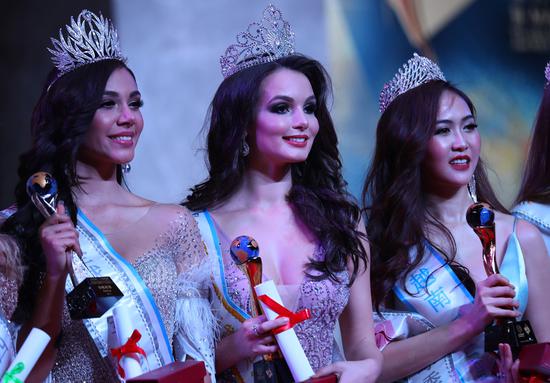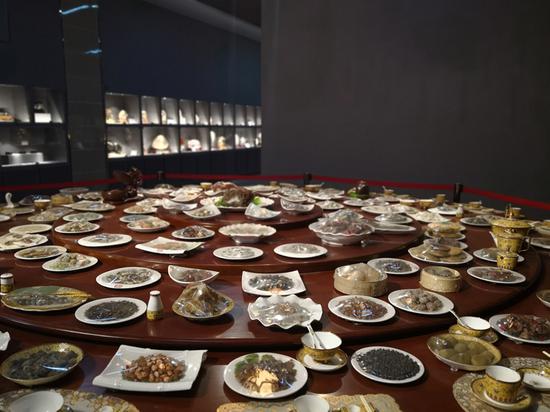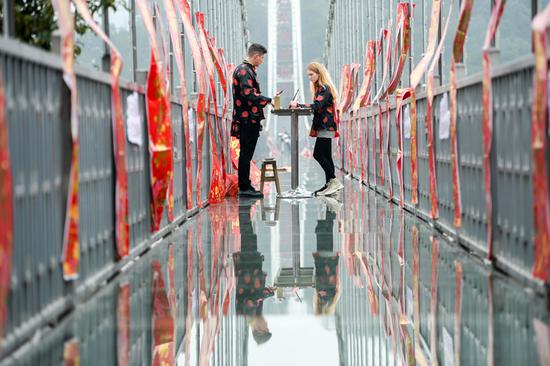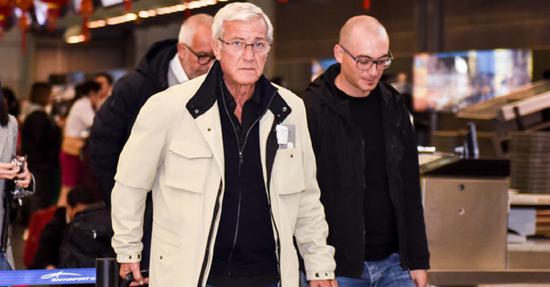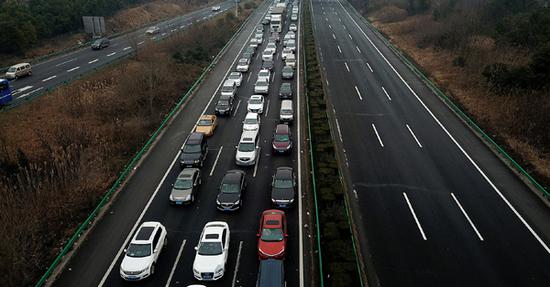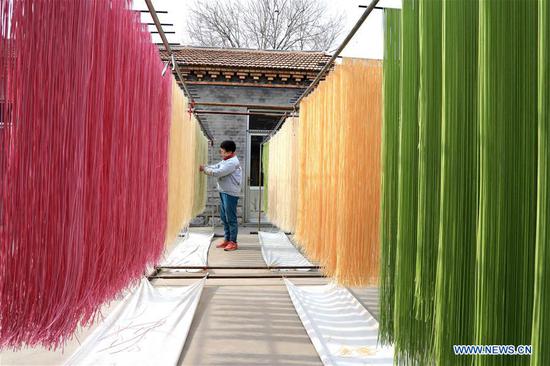IOC's Samaranch says ambitious 2022 performance targets are achievable
China could defy the odds and deliver an avalanche of medals at the 2022 Beijing Winter Olympics, according to IOC vice-president Juan Antonio Samaranch.
Despite being a late starter to winter sports, Team China hopes to do the nation proud in almost all sports at the Games-a lofty ambition many observers view as too challenging.
The International Olympic Committee isn't among them.
"It will happen," Samaranch told China Daily in Beijing earlier this week. "Like you did in 2008 (Summer Games), China will have a huge jump in results and the number of medals ... and in the creation of heroes in winter sports."
Samaranch is part of an IOC inspection team, led by president Thomas Bach, currently visiting Beijing and its co-host Zhangjiakou in Hebei province.
Having visited China over 40 times since 2012, Samaranch said he understands how effective the country's State-run sports system can be.
"It happens to everyone when you have your home Games. You prepare better, you have a bigger budget and better motivation," said the Spaniard.
Backed by the entire nation's support in all possible aspects, China dominated the 2008 Summer Olympics' medal table with a whopping haul of 51 golds (with three stripped in 2017 for doping violations in weightlifting).
However, with less talent, facilities and expertise in winter sports, mixing it with the world's ice and snow elite is a considerably tougher task.
At last year's Winter Olympics in Pyeongchang, China only managed to win one gold-Wu Dajing in men's 500m short-track speed skating-to finish 16th overall in the medal standings with a total of nine.
Having missed qualification for half of the events in Pyeongchang, China has set a goal of qualifying its athletes for all 109 events in 2022 and to perform to a high standard in all major disciplines.
To put the challenge into perspective, China had only built serious national programs in one third of those events when Beijing won the bid to host the Games in 2015.
Samaranch reckons China should target breakthroughs in relatively new sports, where the gap to the world leaders is not so big.
"You are very strong in certain skating events and I believe you will surprise the world in many other specialties," said Samaranch, son of the late IOC president of the same name.
"I would say it's easier for China to make inroads in some of the recent events rather than the traditional ones. You now have some of the world's best coaches to help enhance the national teams ... it's a matter of practicing."
China has long been a powerhouse in short-track speedskating, with the sport accounting for 10 of the 13 golds the country has won since its Winter Olympics debut in 1980 at Lake Placid, New York.
China, though, has only one gold medal on snow-claimed by Han Xiaopeng in men's freestyle ski aerials at the 2006 Turin Games in Italy.
To expand its talent pool, China has been retraining athletes from summer sports for winter disciplines, such as from gymnastics to snowboarding, rowing to cross-country skiing and even field hockey to ice hockey.
Since early 2017, the National Winter Sports Administrative Center has put more than 20,000 athletes in the cross-sport program, selecting 1,200 of them to train with national teams in multiple events.
Some notable recent victories in international skeleton competitions-Yan Wengang's European Cup win in Germany last month and Geng Wenqiang's North American Cup triumph in Canada in November-have proven the retraining is more than just a theory.
Both Yan and Geng were long jumpers before being drafted into the national skeleton team in early 2016.









